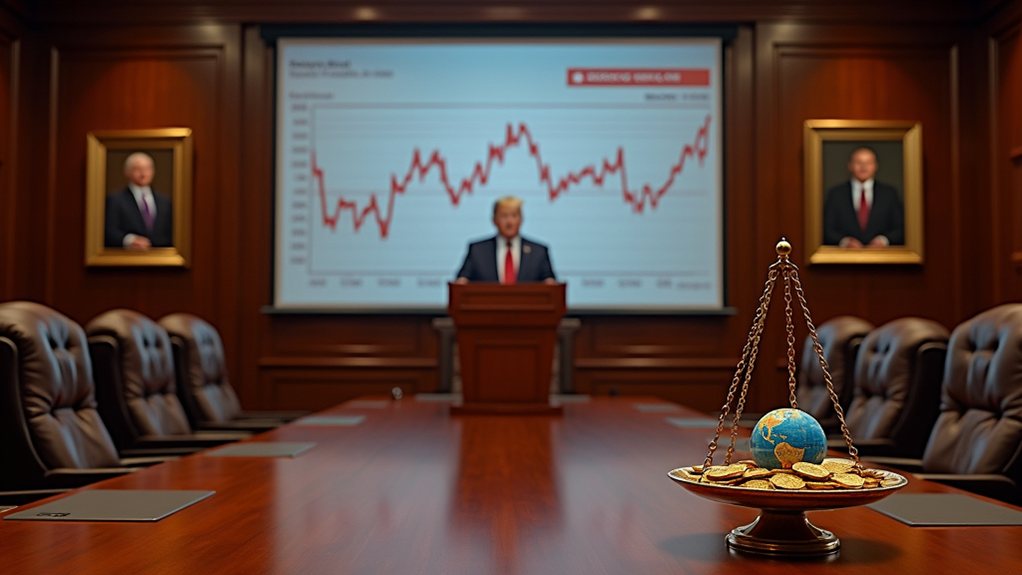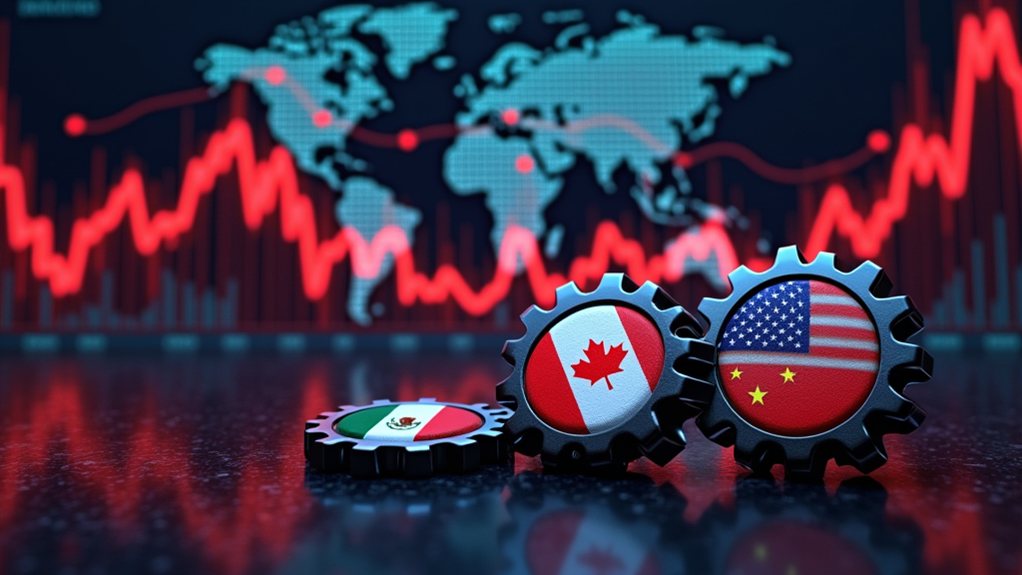As concerns about the economy grow, former President Donald Trump remains firm in his stance on tariffs. He dismisses worries from businesses about the uncertainty tariffs bring. Trump believes tariffs will help bring wealth back to America. He argues that globalists have been "ripping off" the U.S. for years. Trump suggests that tariffs might even increase over time, claiming they will make American goods cheaper for consumers.
While he does not rule out the possibility of a recession in 2025, he focuses on the long-term benefits of his policies. He acknowledges there will be a "period of change" due to the changes tariffs bring. Trump notes that economic impacts can take time to show. Instead of predicting an immediate recession, he emphasizes the future advantages tariffs can offer. Investor sentiment turns negative amid recession concerns has been a growing issue for the market.
Trump acknowledges a potential recession in 2025 but highlights the long-term benefits of tariffs and the gradual economic changes they may bring.
The economic impact of tariffs has already been felt. The U.S. imposed a 25% tariff on imports from Canada and Mexico, and a 10% tariff on goods from China. These measures could reduce the country's GDP by 0.2% to 0.3%. Estimates suggest that job losses may range from 177,000 to 400,000, and households may face an average cost increase of $1,072 each year. The typical US household faces a tax increase of over $1,200 annually due to these tariffs.
Market reactions have been volatile. The stock market has seen wild swings, with the S&P 500 trading near six-month lows. As a result, the dollar weakened against other currencies, and investors shifted their focus away from tech stocks.
Internationally, Canada and Mexico have announced retaliatory measures, while China has imposed tariffs of 10-15% on U.S. goods. The European Union is also considering potential tariffs. Such actions may lead other countries to look for reliable trade partners, raising concerns about U.S. trade relations.
Domestically, various sectors are bracing for impact. The auto industry could see price increases of $3,000 per vehicle, and farmers are particularly worried about retaliatory tariffs.









